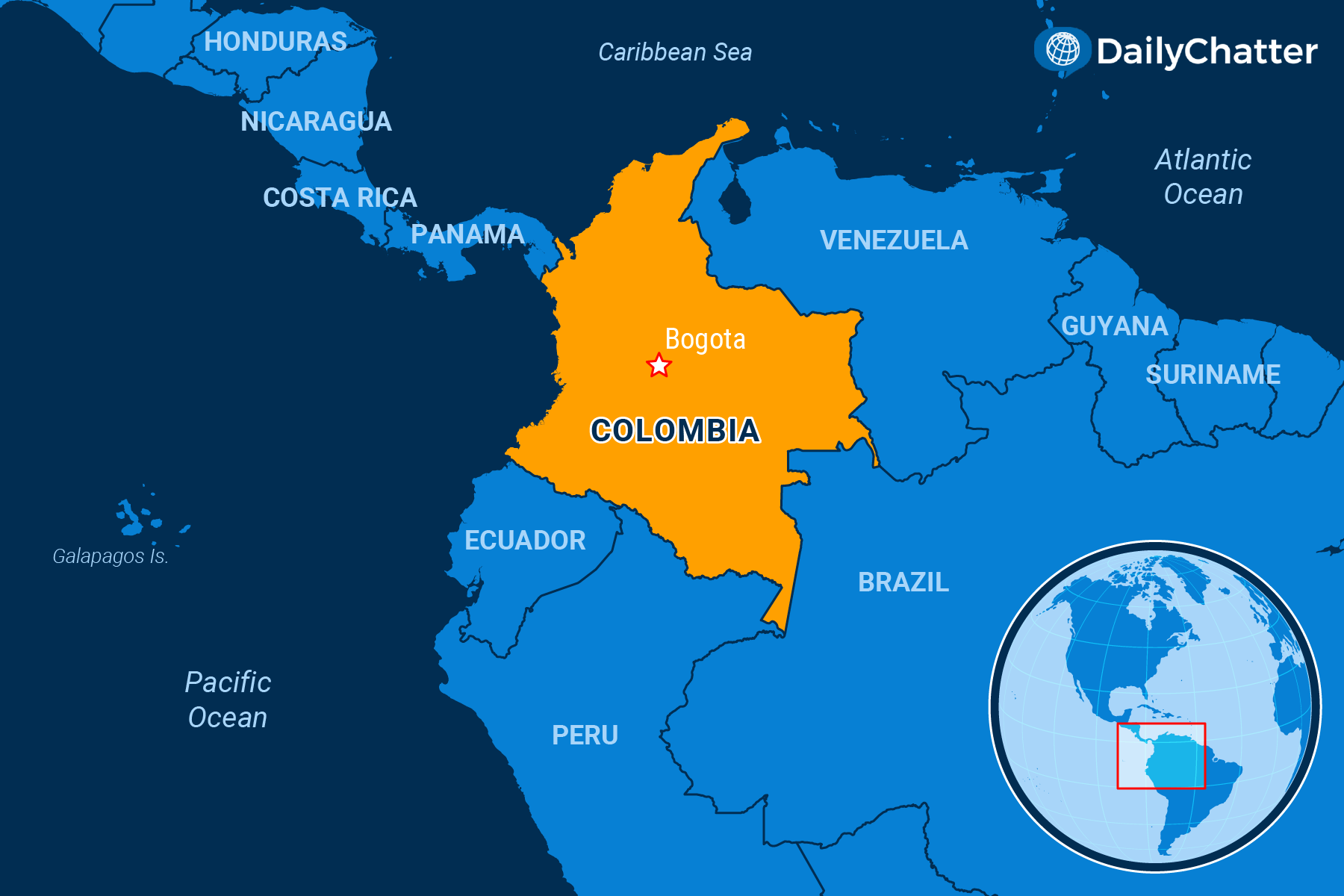A test for Brazil’s president |
We reported yesterday that Brazilian senators voted to recommend “crimes against humanity” charges against President Jair Bolsonaro for his handling of the pandemic, the first major legal challenge of its kind against a world leader. |
“After a six-month investigation, they concluded that Bolsonaro had essentially allowed the coronavirus to tear through Brazil on purpose to try to reach herd immunity,” said our colleague Jack Nicas, a Times correspondent in Brazil. |
Bolsonaro, a strident right-wing populist, has long downplayed the virus. He discouraged masks, encouraged large gatherings and vocally promoted unproven drugs like hydroxychloroquine and ivermectin. |
“A lot of the things that are being discussed in the report, he did openly,” Jack said. “This was not a secret plot, but something that has been part of his public pronouncements from the beginning of the pandemic.” |
The findings have split Brazil, which was already a deeply divided country. Some, following Bolsonaro’s lead, consider the panel to be a politically motivated sham. For many others, the televised hearings were cathartic in a country where more than 606,000 people have died from the coronavirus — the most recorded deaths in the world after the U.S. |
“His poll numbers have spiraled as the death count has risen,” Jack added. “A large part of the country sees the panel as one of the only institutions that is trying to hold the government responsible for its mishandling of the pandemic.” |
After several devastating surges, Brazil currently has the coronavirus under control: New cases and deaths have dropped dramatically as vaccinations have risen. Now, about 56 percent of people in Brazil are fully vaccinated. (In the U.S., it’s 57 percent.) |
Bolsonaro, who contracted the virus earlier in the pandemic, is unvaccinated, and vocally so. |
Few expect the Senate recommendations to result in criminal charges right away. Bolsonaro appointed the attorney general, who has 30 days to review the report and decide whether to press charges. |
But once Bolsonaro leaves office, Jack told us, “this could become a legal headache for him down the road.” The panel’s leaders said they also plan to send the report to the International Criminal Court in The Hague. |
The more immediate question, though, is the fate of Bolsonaro’s social media accounts. |
Last week in a livestream, Bolsonaro suggested that the Covid vaccine could cause AIDS — a false claim that led YouTube and Facebook to remove the video. In their final report, the senators also asked the Supreme Court to order tech firms to ban him from social media for the “protection of the population.” |
Bolsonaro tried to restrict tech companies from removing any posts, including his own, about the coronavirus and election fraud. But the courts and Congress dismissed the order. |
“It certainly resembles the fight over Donald Trump’s Twitter account,” Jack told us. “President Bolsonaro is concerned about the risk of losing his access to social media, because it has been a crucial channel for him to connect to voters and be able to circumvent the press.” |
Want to share The New York Times with your friends and family? Invite them to enjoy unlimited digital access to our journalism with this special offer. |




